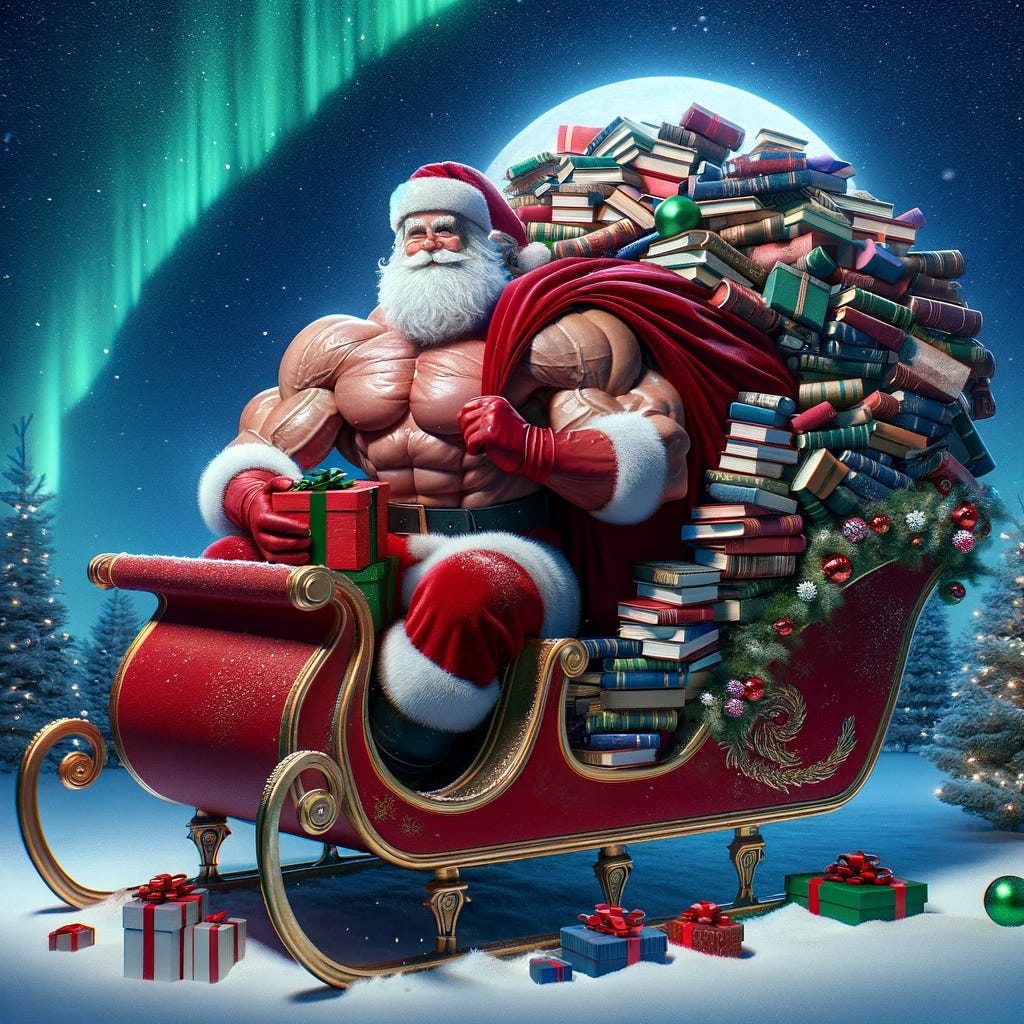Now that you’ve explored possible solutions, how do you decide which option to choose? You need good information to properly understand each option and you need specific criteria to know what information is useful for comparison.
Criteria
To be useful, criteria need three things:
Clarity
Goal promotion
Decisiveness
If your criteria isn’t clear, then your brain can constantly change the meaning of your criteria slightly. That makes it harder to use as a comparison tool. For example, if one criterion is “potential future impact on the world”, there are many ways to interpret that, making it less effective.
If your criteria don’t directly tie back to your overarching goal, they are not useful. In fact, they can backfire, as they did for NASA when they launched the Challenger in 1986. Their goal was to send people to space for scientific research, but speed became a defining criterion for other reasons. The criteria led to valuing speed over safety and the rocket never made it to space.
If your criteria doesn’t narrow down your options to a single one, it is not helpful. For obvious reasons.
Choosing the Most Important Thing
“When you’re clear on what’s important, evaluating options becomes easier.” (Parrish, 159)
Exercise - write out however many criteria you initially feel are important on sticky notes. Put two beside each other on the wall and then replace the one that is less important with another criterion. Imagine you could only have one, and not both. Then, start adding quantities to the more important criteria. For example, instead of just “financial return” vs “time return”, it becomes “10,000 dollars per year” vs “2 hours per day”. Keep cycling these criteria to figure out your North Star. Narrow it down as much as possible to narrow down your possible solutions.
Information
“The quality of your decisions is directly related to the quality of your thoughts. The quality of your thoughts is directly related to the quality of your information.” (Parrish, 165)
Not all information is equal. Think about the children’s game broken telephone. Each time a piece of information is passed along, its quality goes down. Seeking primary information from true experts is the best way to get high quality information that we can use when making decisions. Always seek the best possible information.
Using Experts
To separate true experts from imitators, ask “why” questions to push their understanding and see how frustrated they get with your lack of understanding. If they get mad at your polite questions, they’re probably faking it.
Once you find an expert, avoid asking them for answers. That’s like cheating on a test. You got the right answer but you didn’t get any smarter. Ask forms of these questions instead:
What are the variables you’d use to make this decision if you were in my shoes? How do those variables relate to one another?
What do you know about this problem that I (or other people) don’t? What can you see based on your experience that someone without your experience can’t? What do you know that most people miss?
What would be your process for deciding if you were in my shoes? How would you go about doing it? (Or: How would you tell your mother/friend to go about doing it?)
Fun story - After first reading this chapter, I used these questions right away. I found CEOs and founders at companies I wanted to learn from and used Tim Ferriss’s cold-email template to insert the questions above. My response rate was ¾ and I ended up on a zoom call with one, got introduced to another CEO by another and got great specific advice from the third. I had tried cold-email before with some success, but asking questions like these got me much richer answers.
TOO LONG DIDN”T READ
Develop criteria that is clear, goal-promoting and decisive
Search for high quality information from primary sources and experts
Ask experts HOW they think, not what they think
Big Nerds XMAS QOTD
Who’s somebody you shared a fond time of your life with who you don’t speak to anymore? Wouldn’t it be nice to call them?
Have an amazing day! MERRY CHRISTMAS
Your Jolly Good Friend,
Noah “BigNerd” Sochaczevski


